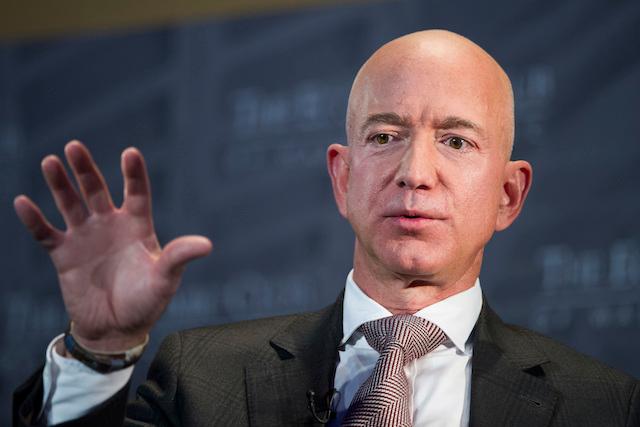WASHINGTON—Billionaire entrepreneur Jeff Bezos will unveil plans on May 9 for missions to the moon tailored to the U.S. government’s renewed push to establish a lunar outpost in just five years, people familiar with the matter said.
Bezos, the world’s richest man and chief executive of Amazon.com, was scheduled to host a rare media event at 4 p.m. EDT in Washington to provide “an update on our progress and share our vision of going to space to benefit Earth.”





